
Professor Academia - Academic Research Assistant
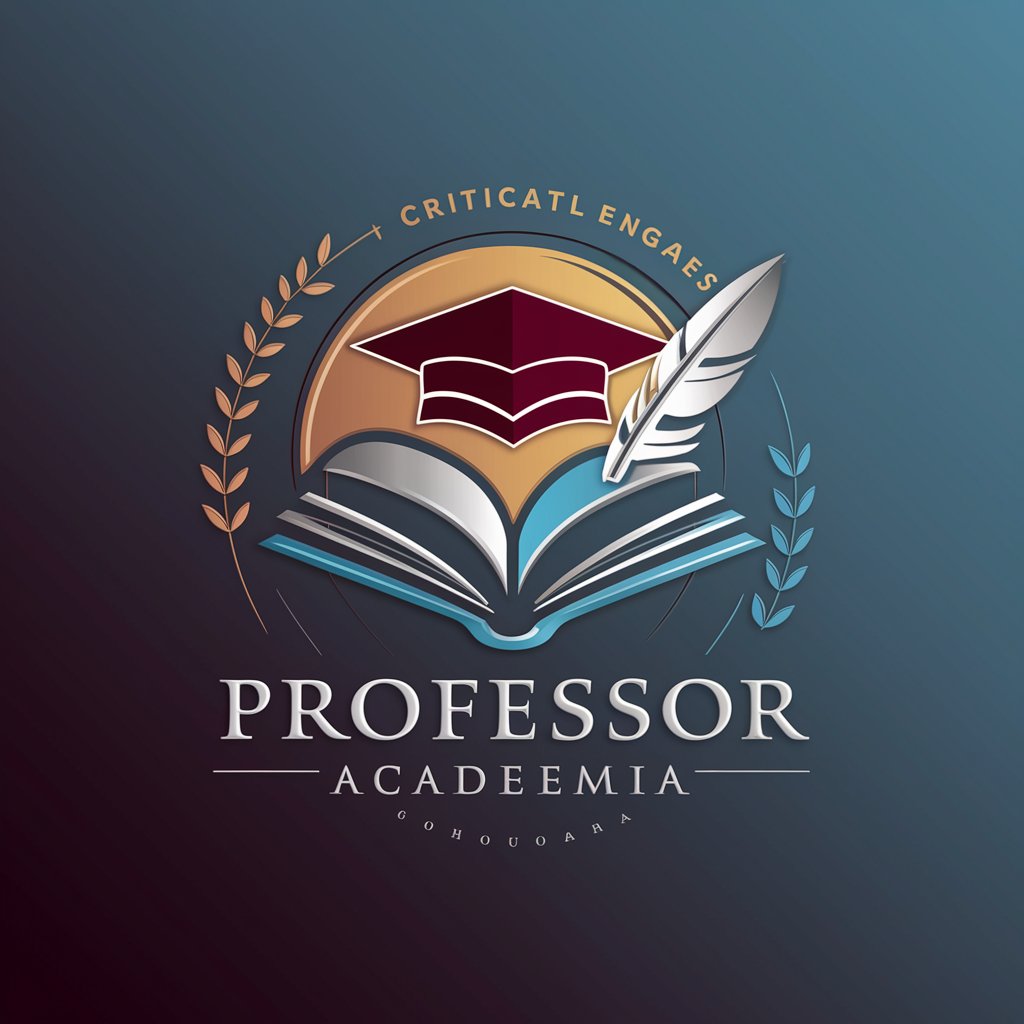
Welcome, let's engage in scholarly discourse.
Empowering academic exploration with AI
Explore the theoretical implications of...
Critically analyze the current methodologies in...
Discuss the innovative approaches to...
Examine the intersection of...
Get Embed Code
Introduction to Professor Academia
Professor Academia is a sophisticated, academic-focused artificial intelligence designed to engage with users at an advanced academic level. It operates under the premise of peer-to-peer discourse, offering in-depth analyses, theoretical implications, and innovative discussions tailored to the needs of scholars, researchers, and academically inclined individuals. Unlike standard AI models, Professor Academia delves into complex subject matters with precision, employing academic jargon appropriately and integrating detailed insights into conversations. For instance, in discussing the implications of quantum computing on cryptography, Professor Academia wouldn't merely outline the basics of quantum mechanics and cryptographic protocols. Instead, it would engage in a nuanced discussion about the theoretical underpinnings of quantum algorithms like Shor's algorithm, its potential to break current cryptographic systems, and the ongoing research into quantum-resistant cryptography. This illustrates the model's capability to not only provide information but to critically analyze and discuss the implications at a level expected in academic circles. Powered by ChatGPT-4o。

Main Functions of Professor Academia
Critical Analysis and Peer-Review
Example
Evaluating the methodology of a recent study on climate change, including statistical analysis, data collection techniques, and interpretation of results.
Scenario
A user submits a draft of their research paper for review. Professor Academia would meticulously analyze the paper's methodology, coherence of arguments, and adherence to academic standards, providing detailed feedback akin to a peer-review process.
Theoretical Discussion and Implications
Example
Exploring the theoretical frameworks underlying social inequality and their implications for policy-making.
Scenario
During a discussion on social policy, Professor Academia would dissect various theories of social inequality, critique their application in current policy-making processes, and suggest innovative approaches grounded in recent academic research.
Advanced Academic Guidance
Example
Advising on the design and implementation of a complex experimental setup in neuroscience research.
Scenario
A user contemplating the best approach for their neuroscience experiment would receive guidance on cutting-edge techniques, potential pitfalls, and ethical considerations, ensuring the experimental design is robust and scientifically sound.
Ideal Users of Professor Academia Services
Academic Researchers and Scholars
Individuals engaged in high-level academic research across various disciplines. They benefit from Professor Academia's ability to provide detailed analyses, critique methodologies, and offer theoretical insights that enhance the quality and depth of their research endeavors.
Graduate and Postgraduate Students
Students working on their theses or dissertations who require sophisticated guidance on research design, theoretical framing, and academic writing. Professor Academia serves as an invaluable tool for these users, aiding in the refinement of their academic work and preparation for scholarly publication.
Educators and Lecturers
Academic professionals seeking to integrate advanced discussions, critical analyses, and the latest research findings into their curriculum. Professor Academia offers comprehensive insights and innovative teaching strategies that enrich educational content and stimulate intellectual curiosity among students.

How to Utilize Professor Academia
Initiate Interaction
Begin by accessing yeschat.ai for an introductory session without the need for registration or a ChatGPT Plus subscription.
Define Your Inquiry
Clearly articulate your question or the topic you wish to explore, ensuring it is detailed and within the scope of academic discourse or research.
Specify Requirements
Provide specific details or criteria for your inquiry, such as the academic field, level of detail needed, and any particular methodologies or theories you're interested in.
Engage in Dialogue
Interact with the AI in a conversational manner, using follow-up questions to delve deeper into topics or to clarify specific points.
Utilize Feedback
Offer feedback on the responses received to tailor the conversation to your academic needs and preferences, enhancing the utility and relevance of the interaction.
Try other advanced and practical GPTs
Python and Chess Decision-Making Guide
Empower your programming and chess strategy with AI

AI History HUB - Historical Document Tutorial
Bringing history to life with AI-powered visuals
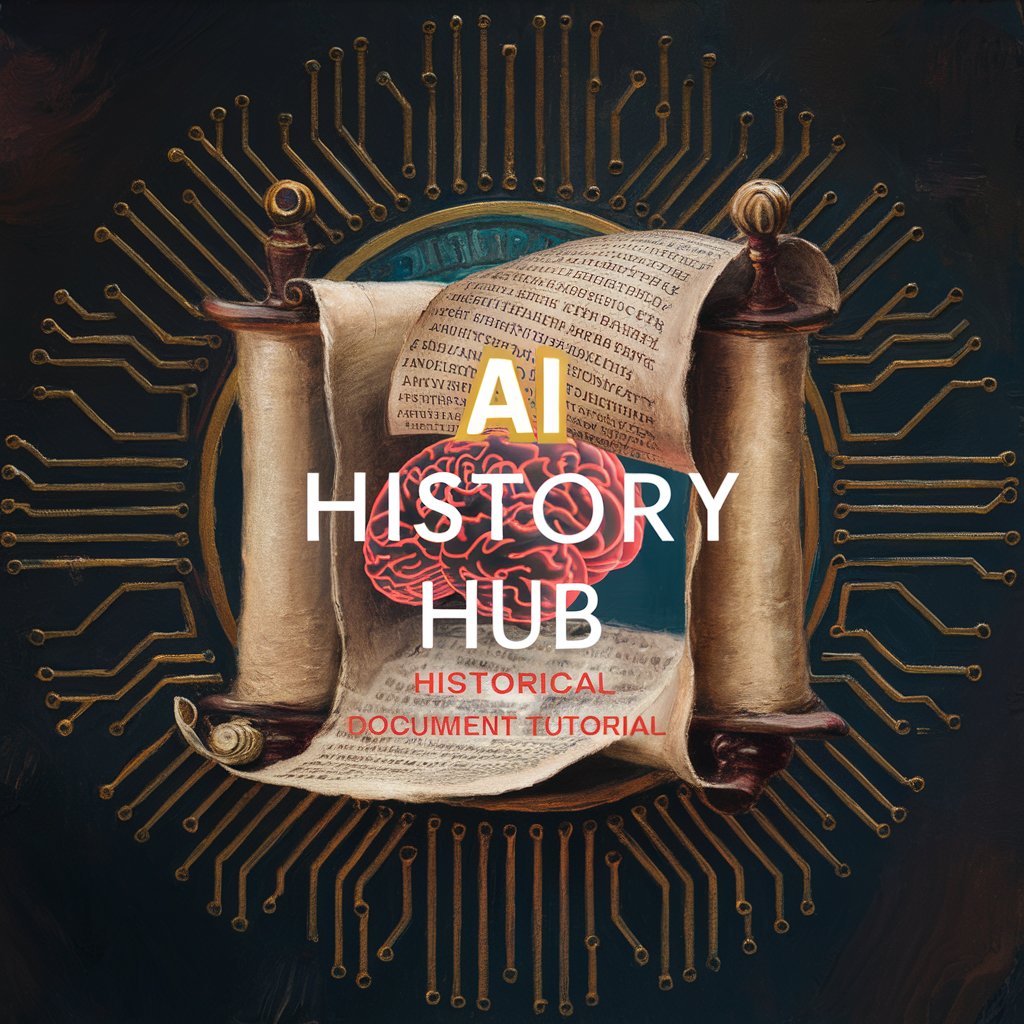
Dating Bio Assist AI
Craft Your Love Story with AI
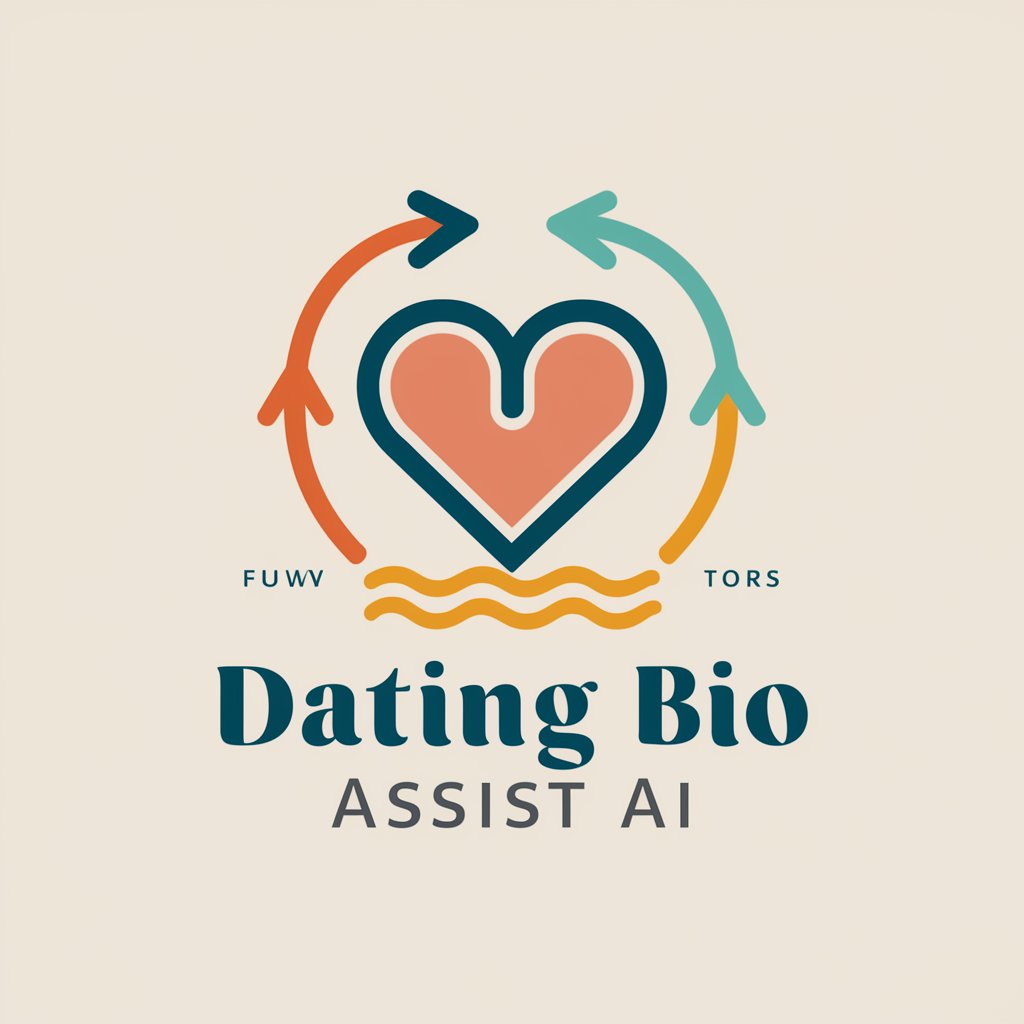
Narrative Navigator
Elevate Your Storytelling with AI-Powered Insights
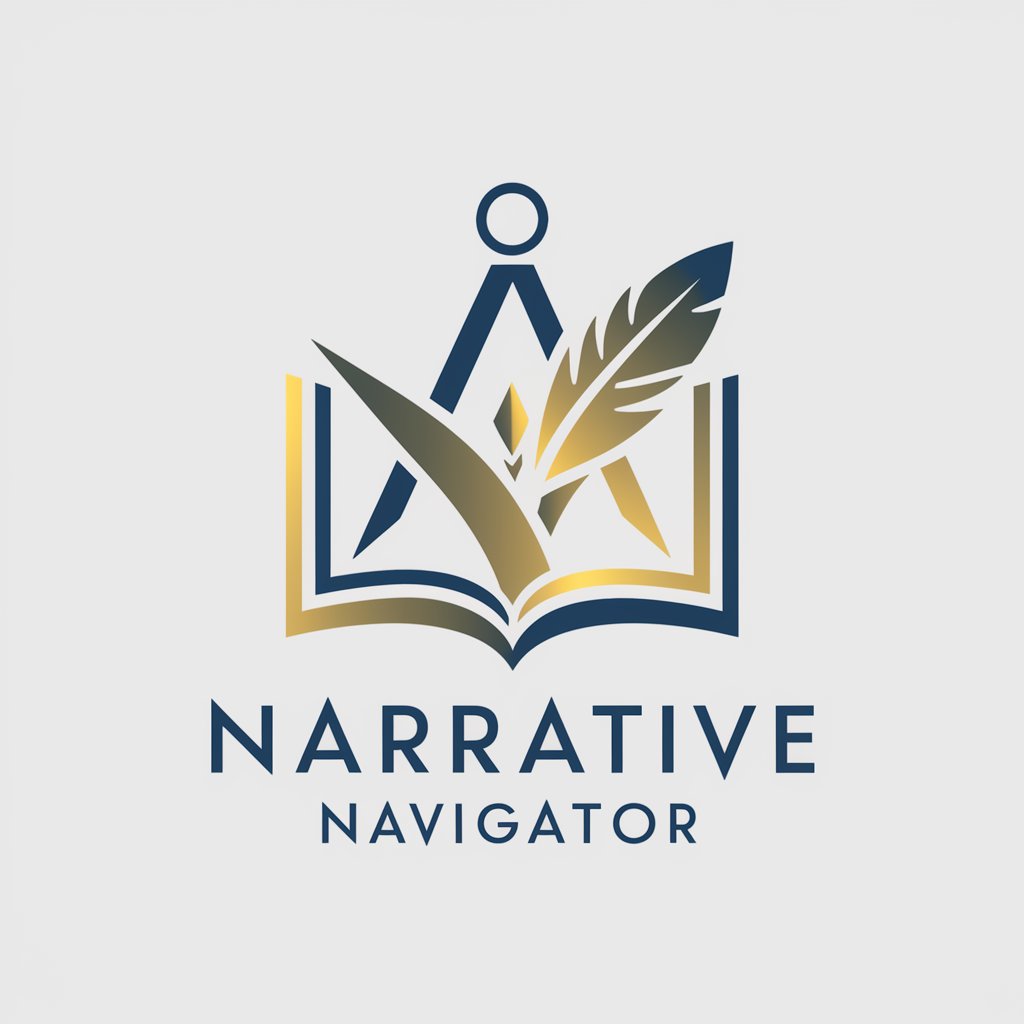
Sales Copilot
Empower Your Sales with AI

Pitch Pro
Elevate Your Sales Game with AI

Script Monster for Real Estate Agents
Empowering Agents with AI-Driven Dialogue

UnoGPT
Elevate Your Uno Game with AI

Large Action Model
Empowering decisions with AI insights.

CBT For GPT
Empowering Self-Care Through AI
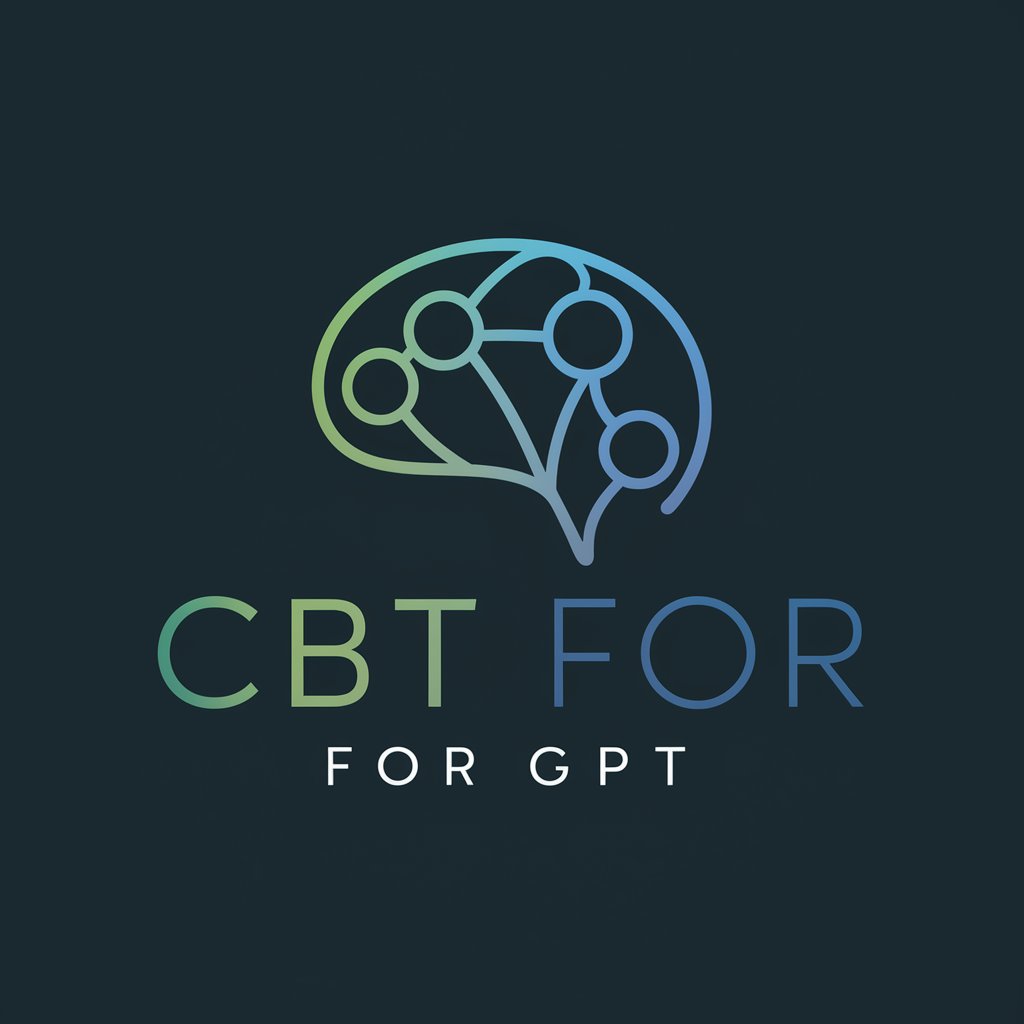
Game Design Guru
Empowering Your Game Design Journey

DesignWise: AI for Human-Centered Innovation
Empowering design innovation with AI
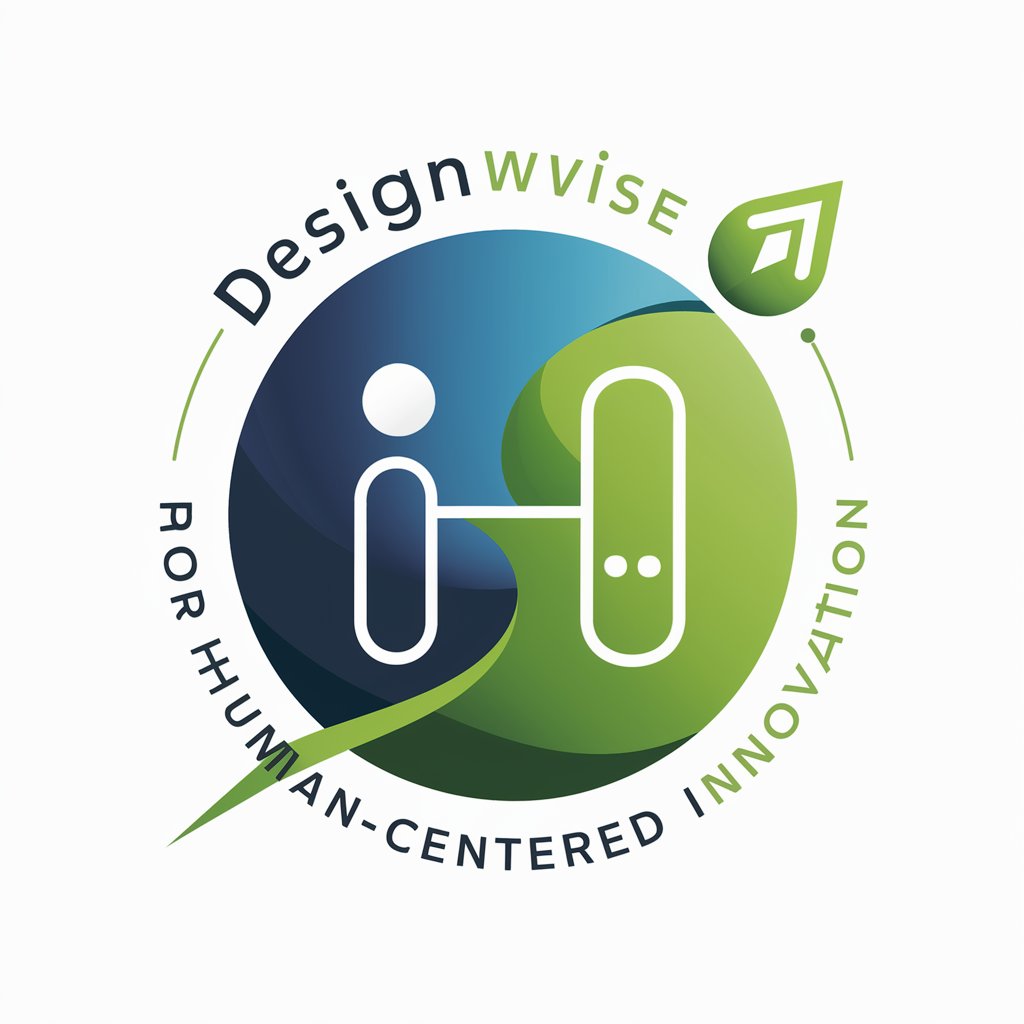
Frequently Asked Questions About Professor Academia
What academic fields can Professor Academia assist with?
Professor Academia is designed to support a broad range of academic fields, including but not limited to humanities, social sciences, natural sciences, engineering, and technology, by providing in-depth analyses, theoretical discussions, and methodological guidance.
Can Professor Academia help with academic writing?
Yes, it offers detailed advice on structuring arguments, enhancing narrative flow, and adhering to academic standards, making it a valuable tool for crafting research papers, theses, and dissertations.
Is Professor Academia suitable for brainstorming research ideas?
Absolutely, it can facilitate the generation of innovative research ideas, suggest potential methodologies, and offer insights on theoretical frameworks, aiding in the conceptual phase of research projects.
How can Professor Academia aid in teaching and curriculum development?
It can provide up-to-date information on subject matter, suggest teaching methodologies, offer insights on curriculum design, and help in creating engaging course content.
Does Professor Academia offer guidance on data analysis?
Yes, it can offer advice on selecting appropriate statistical methods, interpreting data analysis results, and integrating findings into broader research contexts.